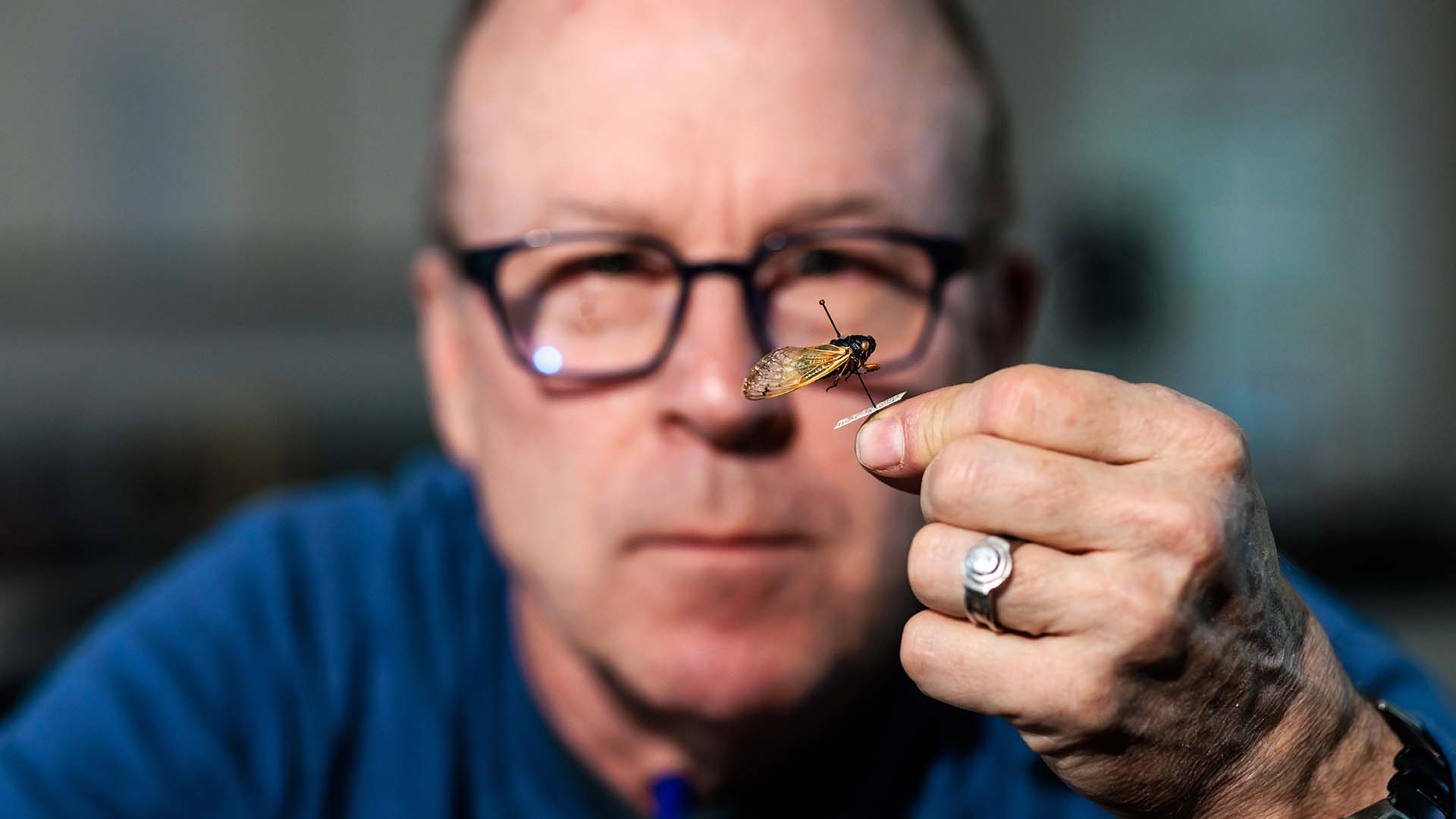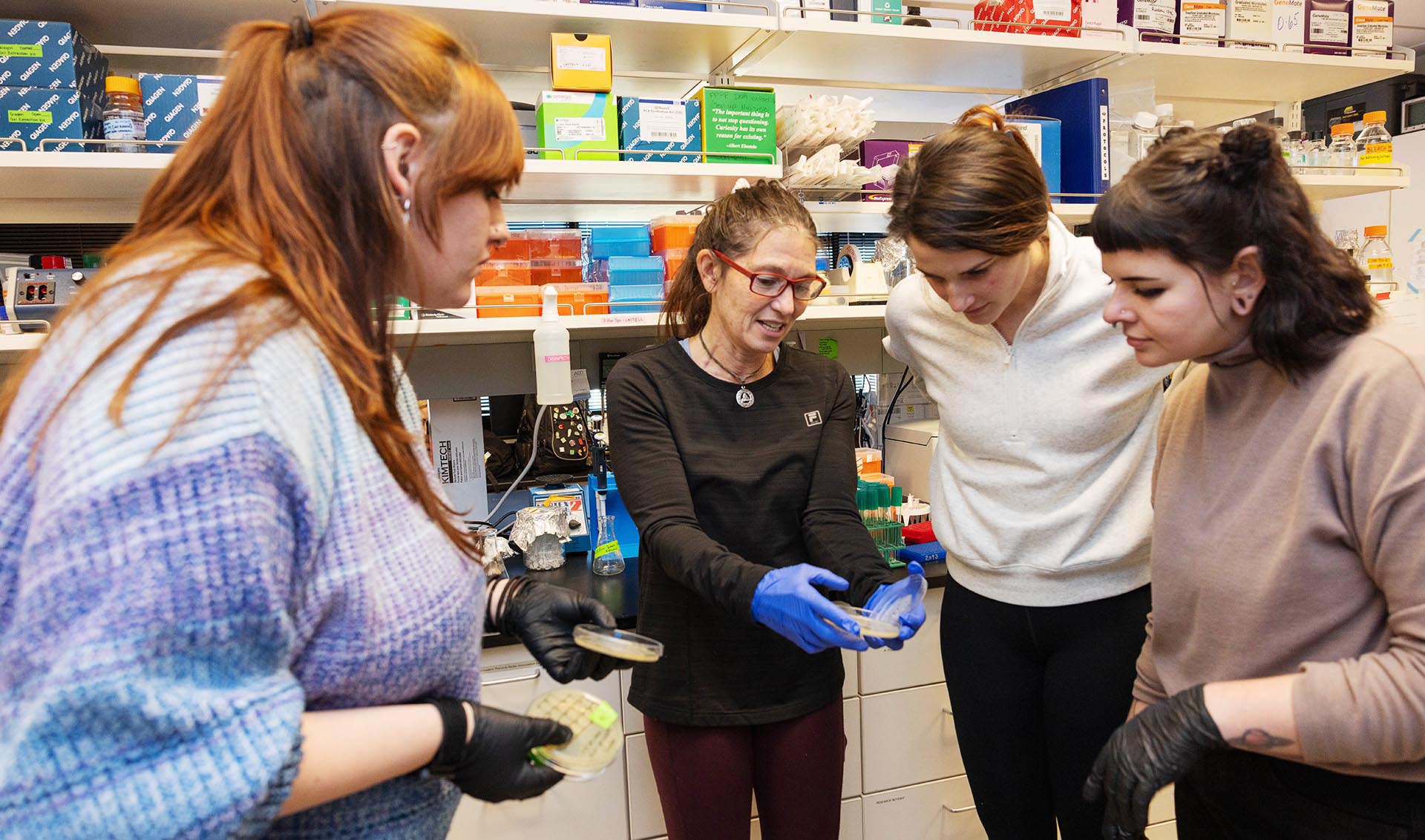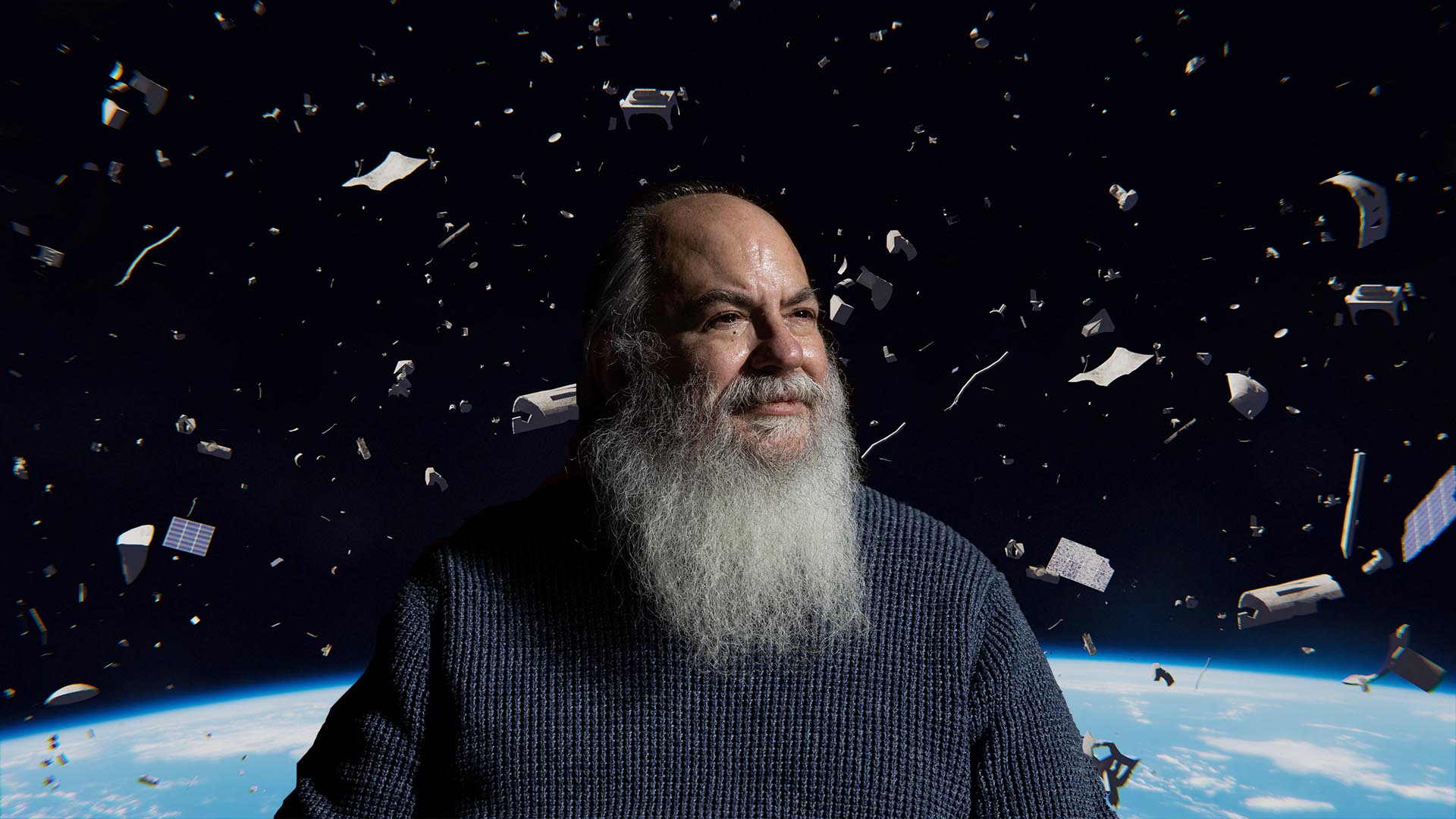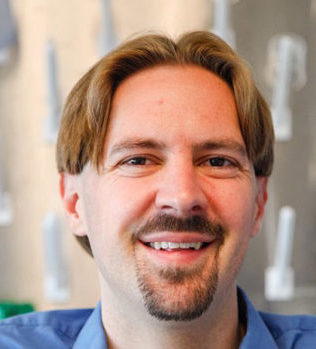STEM students just got easier access to green jobs
The Environmental Protection Agency and MSU Denver are teaming up to offer career opportunities to recent grads.
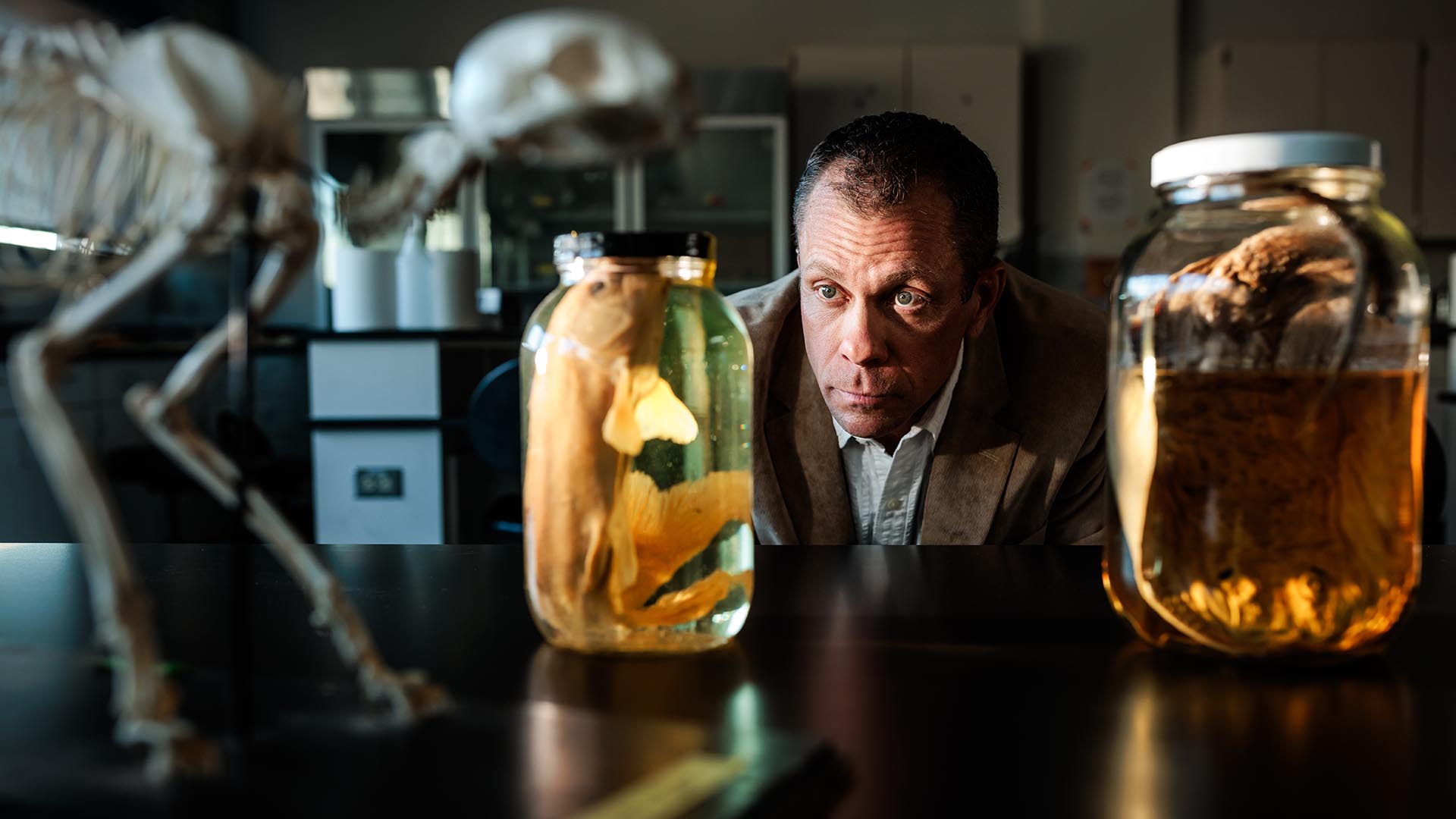
When the U.S. economy bottomed out in 2008, Jason Morris lost his job building swimming pools and his home. “The rug got pulled out from under me,” he said. “My own personal situation has been a struggle ever since.”
These days, though, things are looking up.
Morris, 50, is on track to graduate from Metropolitan State University of Denver in May with a B.A. in Biology. The first-generation college student has an internship through the Environmental Protection Agency’s Pathways Program for Students and Recent Graduates, and if all goes well, he hopes to land a permanent job with the agency when he graduates.
“Most people on the team are Ph.D.s — a geologist, a marine biologist and a chemist,” he said of his internship co-workers. “You’ve got a nice variety. We lean on each other. We’ve got a cool team with a variety of expertise.”
MSU Denver students such as Morris are benefiting from a close partnership between the university and the EPA’s Denver-based Region 8 office. The partnership was formalized in September through a Memorandum of Understanding (MOU), said Hsiu-Ping Liu, Ph.D., professor in the Department of Biology and director of the Center for Advanced STEM Education.
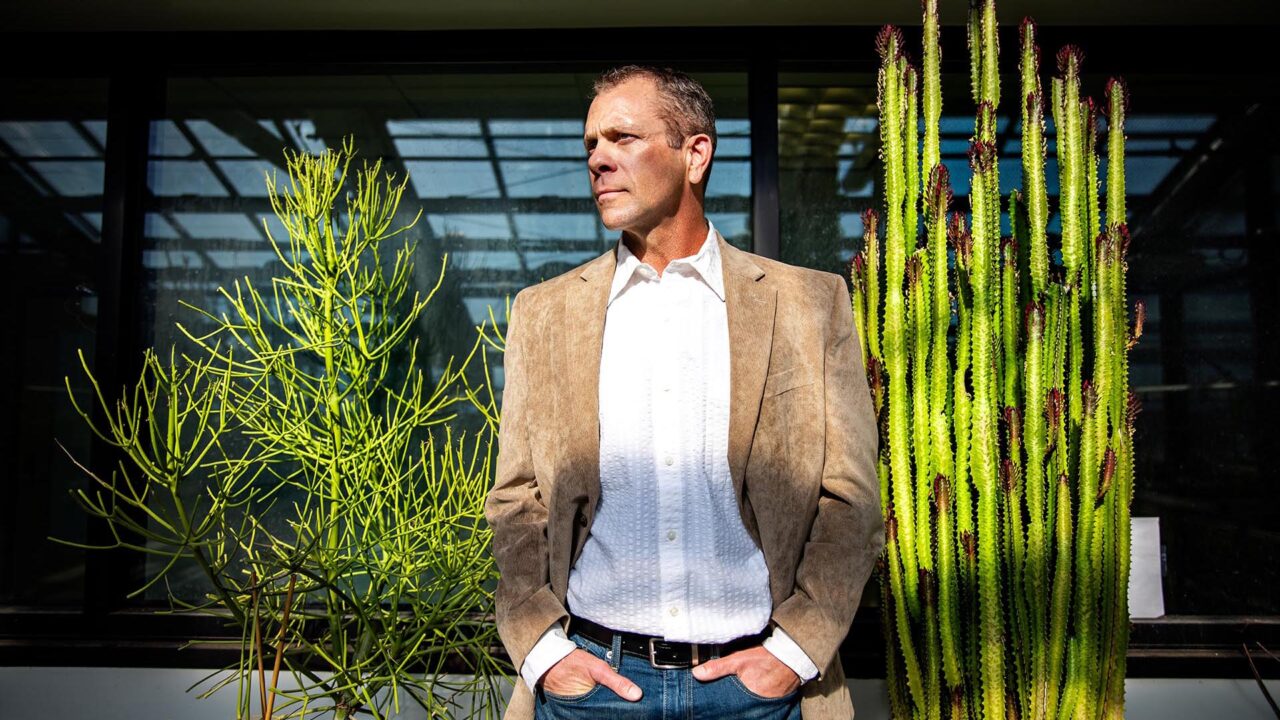
The MOU, an expanded renewal of an agreement first signed in 2018, covers student internships and employment preparation, an outreach program that brings EPA personnel to campus, support for education and environmental student initiatives and collaboration on research of joint interest, Liu said. The MOU emerged from ongoing conversations she had with a counterpart at the agency.
“We tried to really connect EPA more formally with the Classroom to Career Hub,” Liu said. “From my perspective, we’re trying to build that path so our students can work with their staff scientists and invite their staff scientists to be guest speakers in the classroom or be a speaker to encourage our students to pursue STEM careers.”
The Pathways Program was created to open up entry-level positions to recent graduates, Liu said. “It’s really flexible,” she said. “They really work with students around their schedule. They can work part-time during the semester and they can work full-time during the summer.”
RELATED: Partnership expands pathway to careers in renewable energy
The program is also highly competitive. This year, MSU Denver students Morris and Brandon Holt, 27, were selected.
Holt is a third-year student majoring in in Plant Ecology and Geographic Information Systems (GIS) under the individualized degree program. He’s due to graduate in December 2024.
Since July he has been interning in the EPA’s Children’s Health, Environmental Justice and Equity Division, primarily doing geographic-information systems work for his colleagues who review grant applications, as well as utilizing EJ Screen, an environmental-justice screening and mapping tool. It combines data on environmental hazards, such as particulate matter, lead paint and ozone, with demographic information, including socioeconomic indicators and health disparities, in maps and reports.
An Idaho native, Holt attended Idaho State University for a while after high school, then moved to Colorado and started at MSU Denver in 2021 with a focus on plants. “I’ve always had a fascination with plants,” he said. “Without them, we can’t live.”
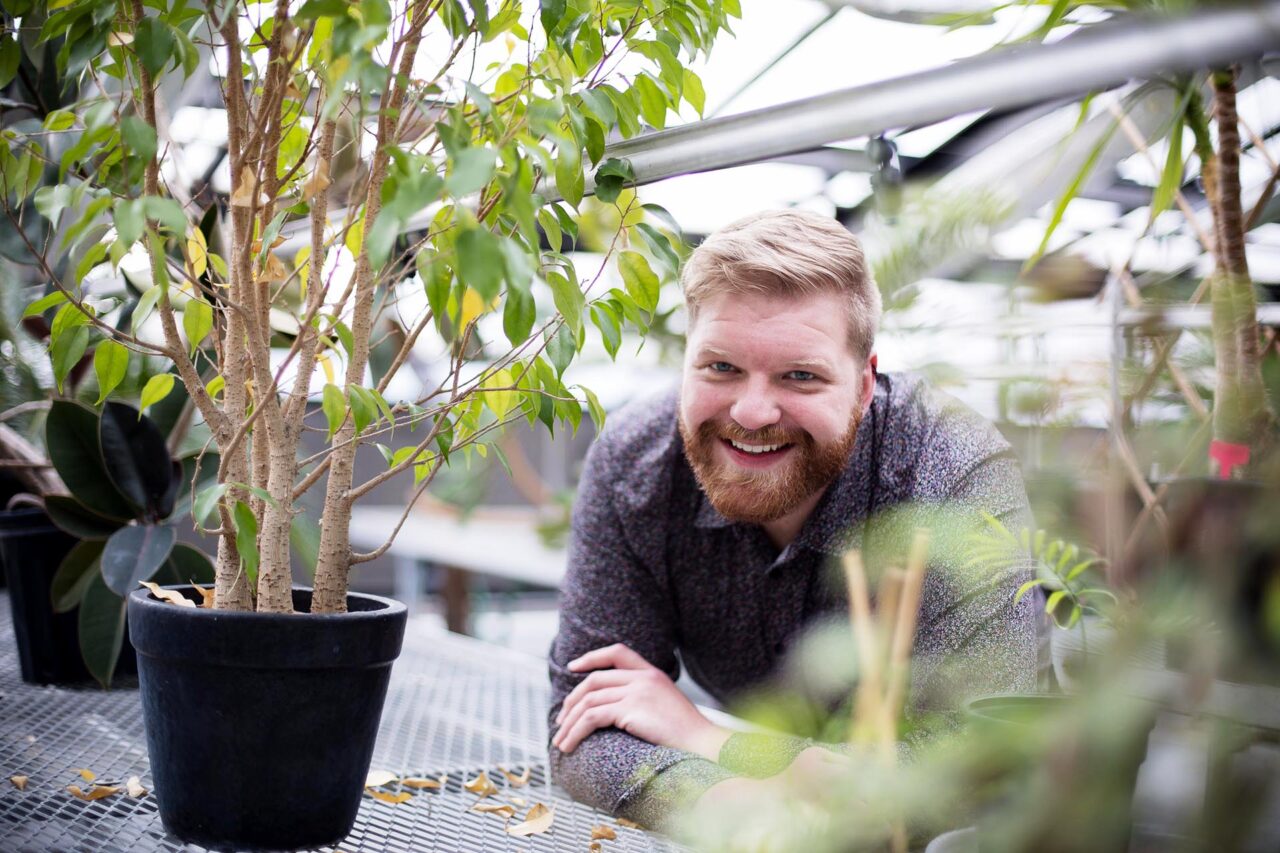
He enjoys working with the EPA’s environmental-justice group, and it puts his skills in geographic-information systems to good use. “It’s not super-focused on the plant ecology portion of my degree, but it takes advantage of my GIS skills and is a good stepping-stone,” he said. Down the road, Holt hopes to have a career with the EPA while pursuing a graduate degree.
He worked 30 or 40 hours a week at his internship over the summer and has been putting in about 11 hours a week during the fall semester. “They’re really good about working with my school schedule,” Holt said.
For his internship, Morris is working in the EPA’s National Environmental Policy division, which reviews environmental-impact statements of other federal agencies. “The program is designed to segue you right into full-time employment,” he said. The prospect of a career with the agency gives him hope.
RELATED: The opportunity of a lifetime
Morris wasn’t much interested in higher education when he was young. “When life kicked my butt a number of times, you start to see the value of that education,” he said. In 2020, Morris was working in construction when the Covid-19 pandemic shut everything down. He also lives with chronic injury from arthritis, pinched nerves and head trauma from a car accident.
“When you have that education that no one can take from you, you have more options,” he said. “You also have the skills to deal with those challenges in a different way.”
With his wife’s encouragement, Morris decided to go back to school, starting with online courses offered by Red Rocks Community College. He did so well his wife urged him to complete his bachelor’s degree.
His time at MSU Denver has been transformative, he said. “It’s the most inclusive, inviting place for anybody of any age, any race, any sexual orientation,” he said. “I have been welcomed, and I have really learned myself to be more inclusive and more welcoming of any and all people.”
Still, Morris said, “I wanted to quit a number of times, and it’s been a mental struggle. I learned the term ‘impostor syndrome,’ and it couldn’t be more relevant to me. When I got that EPA internship, things improved for me. I started to believe it more. As each week goes by, I think, ‘I can do it. I am doing it.’
“This whole thing has been quite an ordeal. We’re struggling financially and everything, but I can see the light at the end of the tunnel.”

